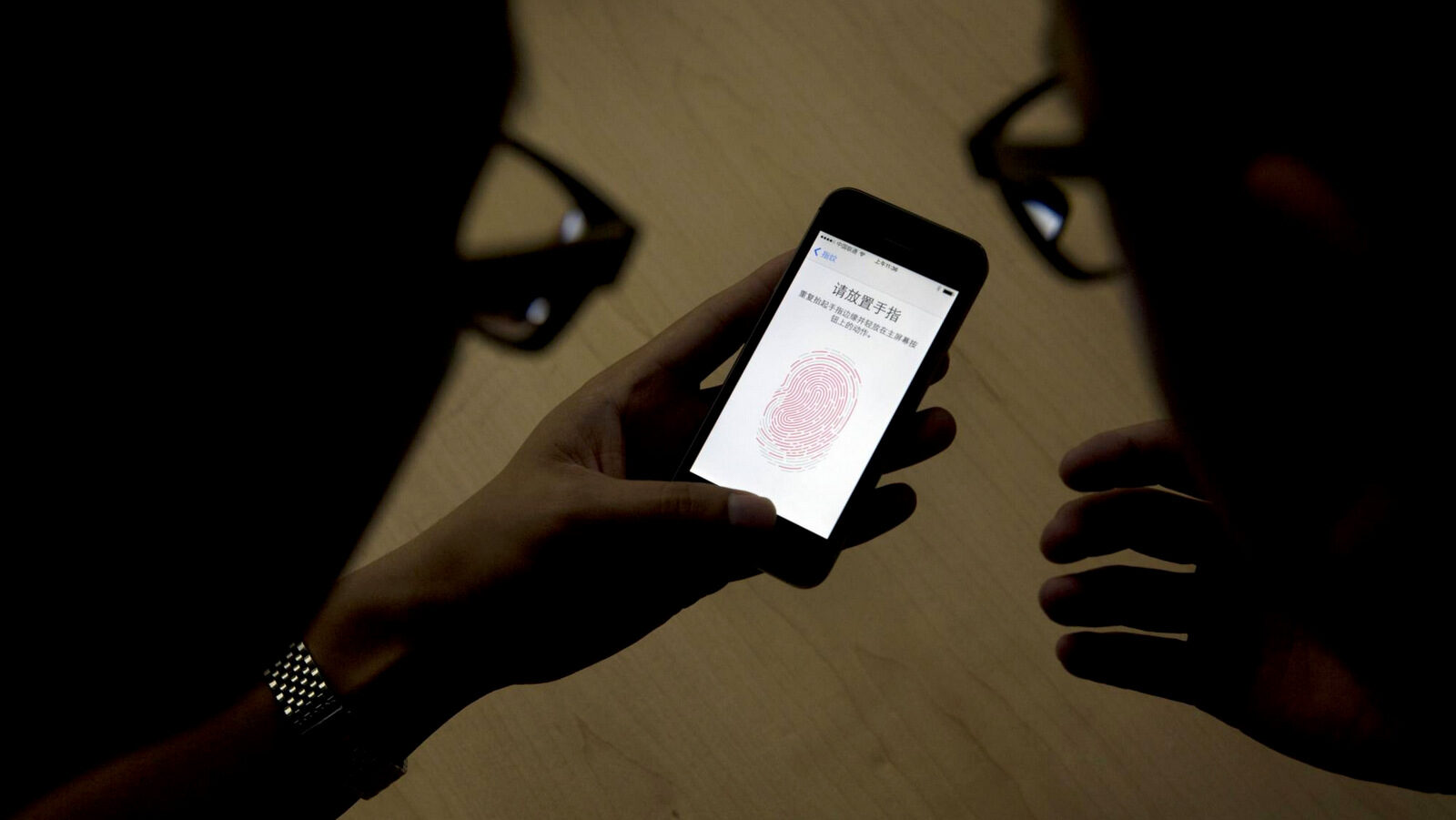A federal court ruled the United States government is not violating a citizen’s Fifth Amendment rights when they require a citizen to apply his or her fingerprints to a sensor so authorities can access a device.
The government sought authorization to “seize” four residents so their fingers could be applied to Apple devices in a home in order to uncover evidence related to a child pornography case.
But a magistrate judge denied the government’s request for authorization, as part of a search warrant application, because the “compelled pressing of the fingerprint against the Touch ID sensor would violate the Fifth Amendment’s privilege against self-incrimination. The magistrate judge reasoned the fingerprint under these circumstances was akin to implicitly communicating that the device was within that person’s possession and control.”
Apple Touch ID only works for 48 hours before a passcode is required to unlock the device.
Although the Northern District Court of Illinois acknowledged privacy concerns, it maintained [PDF] there is a distinction between compelling an individual to communicate something and compelling a person to “provide some physical characteristic.” The communication cannot be “testimonial.”
The Supreme Court has held that authorities may compel displays of “physical features.” For example, a person may be forced to put on a shirt to see if it fits, provide a blood sample, submit to fingerprinting or photographs, or provide a voice or handwriting sample.
The court additionally argued, “The government agents will pick the fingers to be pressed on the Touch ID sensor, so there is no need to engage the thought process of any of the residents at all in effectuating the seizure. The application of the fingerprint to the sensor is simply the seizure of a physical characteristic, and the fingerprint by itself does not communicate anything.”
More by Kevin Gosztola
- Supreme Court Strikes Down Private Prison Corporations’ Bid For Secrecy
- FBI Exercises Tight Control Over Media Portrayal In Hollywood
- NSA Leaker Reality Winner Denied Bail For “Hating America”
Because police choose which finger (or fingers) to apply to a sensor, the district court determined there was no communication by a citizen to protect.
This is definitely not the first time a court ruled in this manner. In January, an appeals court in Minnesota found it “constitutional” for a judge to order a man to provide his fingerprint to unlock his cellphone.
Attorneys knowledgeable on digital privacy law recognize the courts will not let citizens invoke a Fifth Amendment privilege against incrimination to stop the government from collecting biometrics, such as fingerprints.
Marcia Hofmann, an attorney who worked for the Electronic Frontier Foundation and now has her own practice, previously wrote, “Biometric authentication may make it easier for normal, everyday users to protect the data on their phones. But as wonderful as technological innovation is, it sometimes creates unintended consequences–including legal ones.”
“If Apple’s move leads us to abandon knowledge-based authentication altogether, we risk inadvertently undermining the legal rights we currently enjoy under the Fifth Amendment.”
Notably, one way for users to guard against a weakening of privacy rights that impacts all cases would be to make certain individuals use their fingerprint, as well as a password or something they know so Fifth Amendment rights, are triggered.
“It is worth noting that this decision does not address whether the Fourth Amendment would permit the government to obtain a fingerprint seizure, like the one in the warrant, via a grand jury subpoena. Nor does this decision reflect a comment, one way or the other, on whether there ought to be regulation of this investigative tactic beyond what is dictated by the Constitution,” the district court concluded.
“In light of the policy interests at stake, perhaps Congress will study whether there ought to be statutory limits; the legislature is better positioned to balance the interests of law enforcement and privacy interests, as it has in calibrating, for example, the governmental interests in relation to the severity of the crime under investigation.”
Read the Northern District Court of Illinois Ruling
Top photo | An Apple employee instructs a journalist on the use of the fingerprint scanner technology built into the company’s iPhone 5S during a media event in Beijing. (AP/Ng Han Guan)
Published in partnership with Shadowproof


